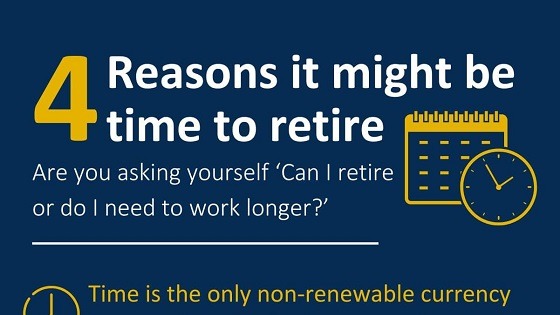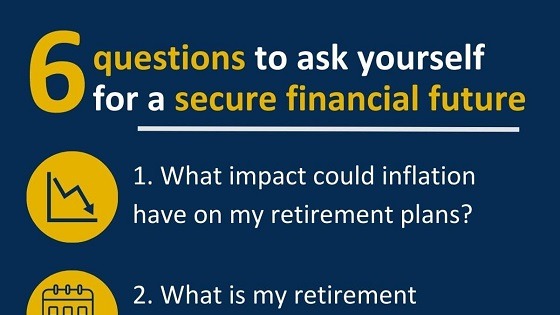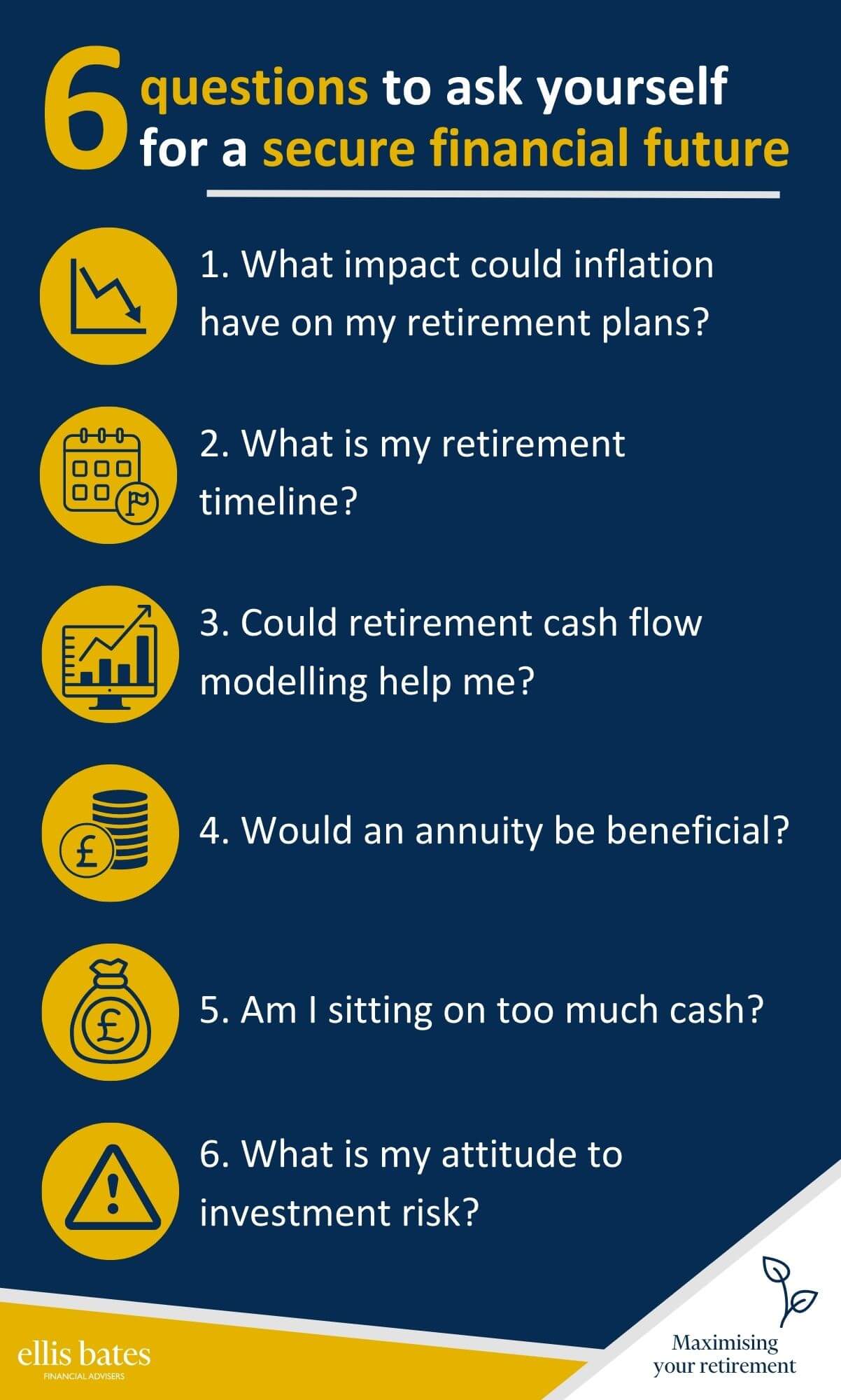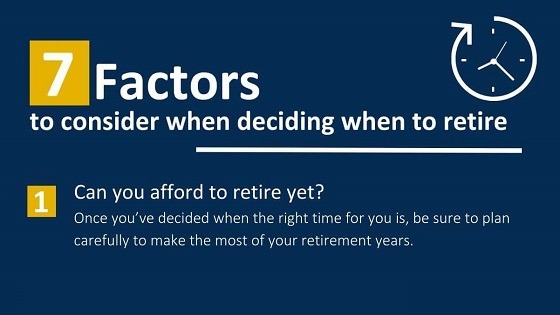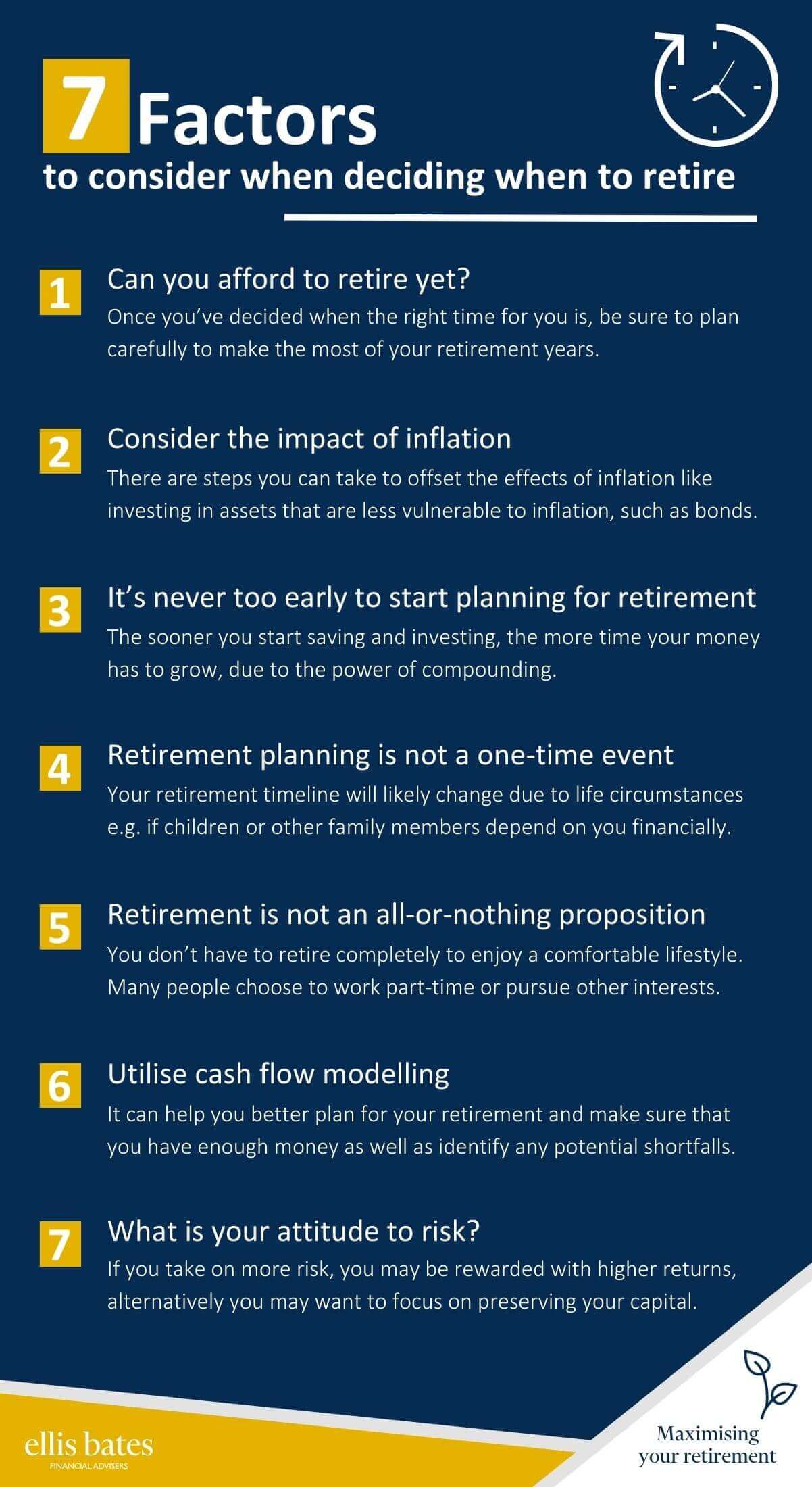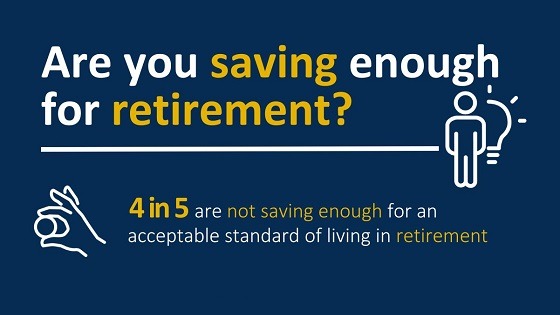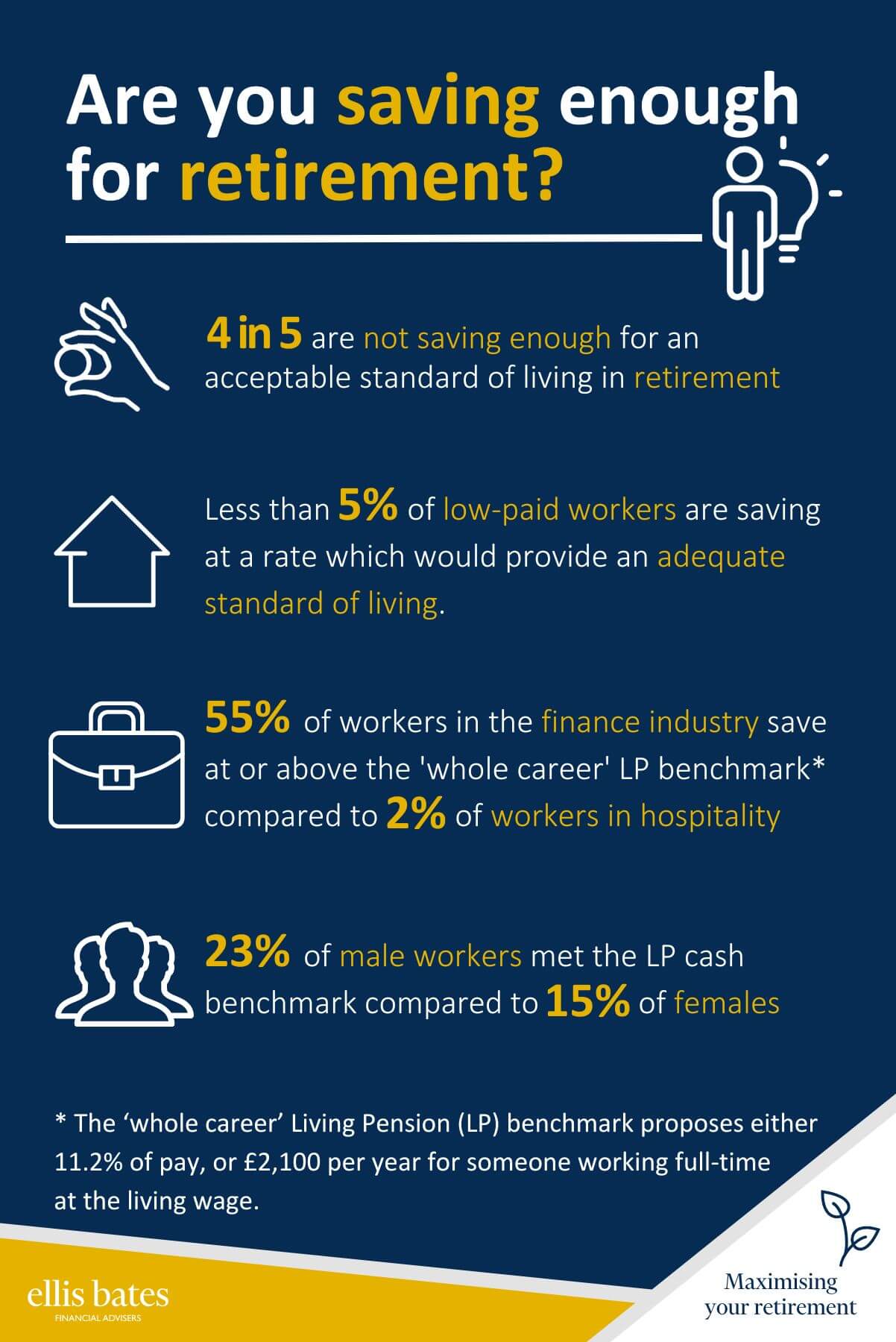4 reasons it might be time to retire
https://www.ellisbates.com/wp-content/uploads/2023/06/H2-4-Reasons-it-might-be-time-to-retire-infographic-holder.jpg 560 315 Jess Easby Jess Easby https://secure.gravatar.com/avatar/0e2a278e0eef1defdd7ee9d0ae7bb398?s=96&d=mm&r=g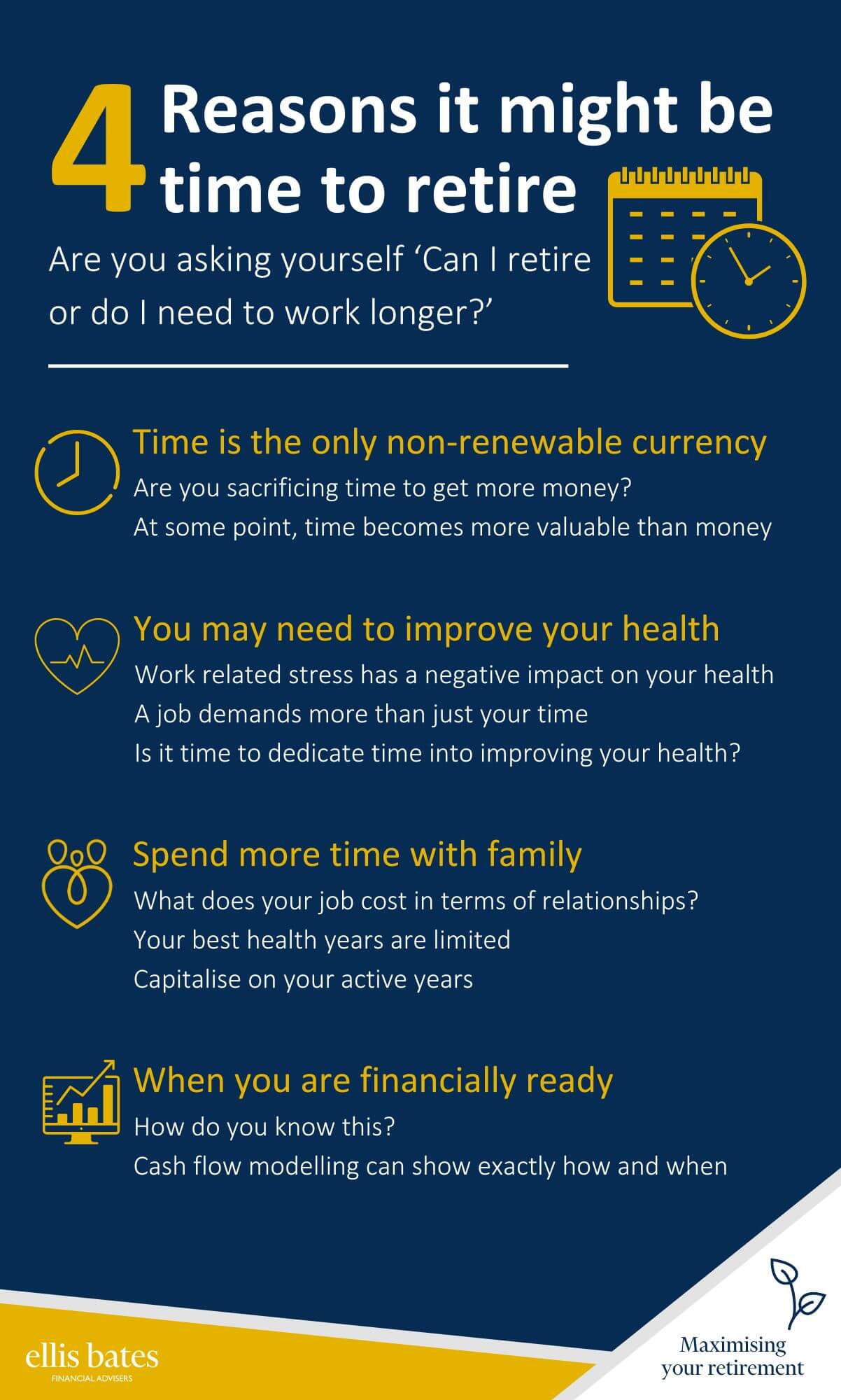
4 reasons it might be time to retire
Are you asking yourself ‘Can I retire or do I need to work longer?’
1. Time is the only non-renewable currency
Are you sacrificing time to get more money? At some point, time becomes more valuable than money.
2. You may need to improve your health
Work related stress has a negative impact on your health. A job demands more than just your time Is it time to dedicate time into improving your health?
3. Spend more time with family
What does your job cost in terms of relationships? Your best health years are limited. Capitalise on your active years.
4. When you are financially ready
How do you know this? Cash flow modelling can show exactly how and when.
Start your retirement planning journey
Get in touch to speak to one of our Financial Advisers to find out more about our retirement planning services

